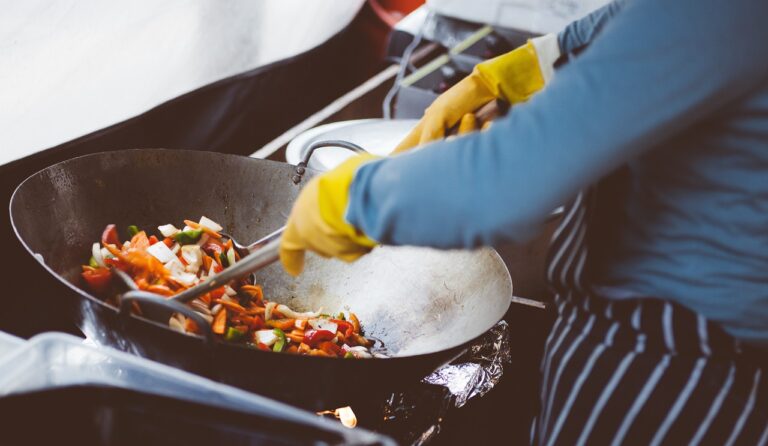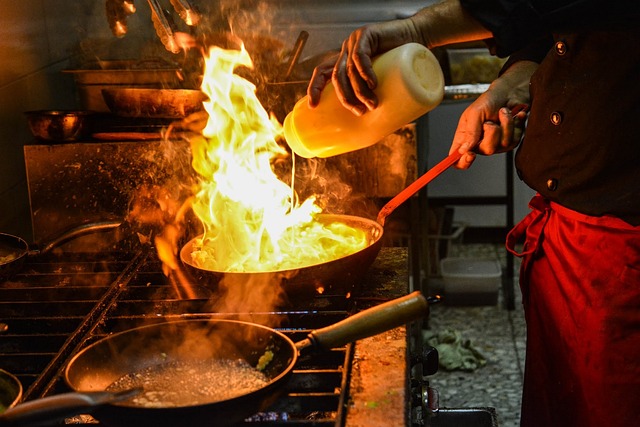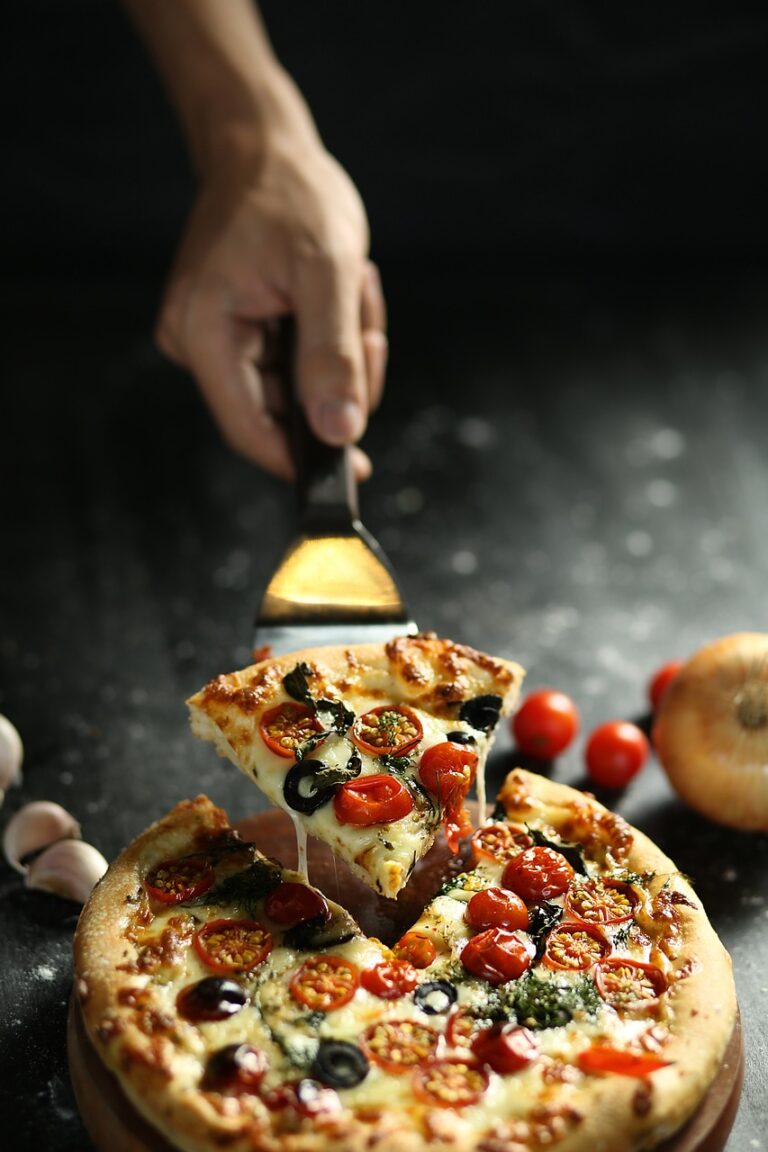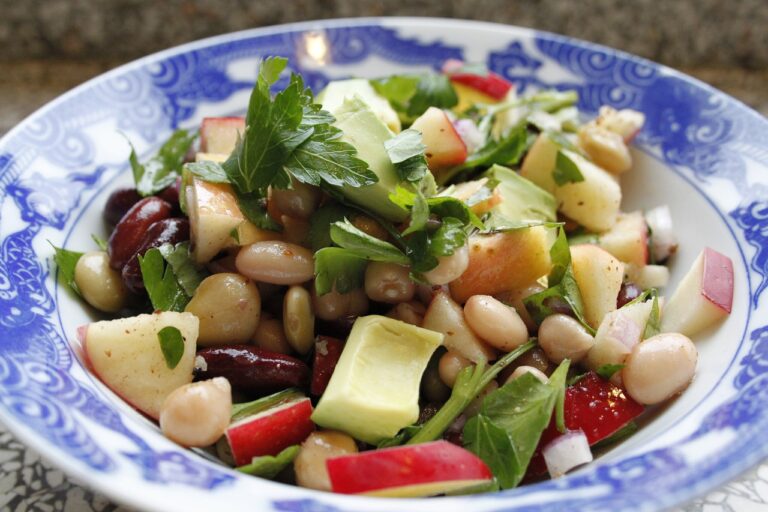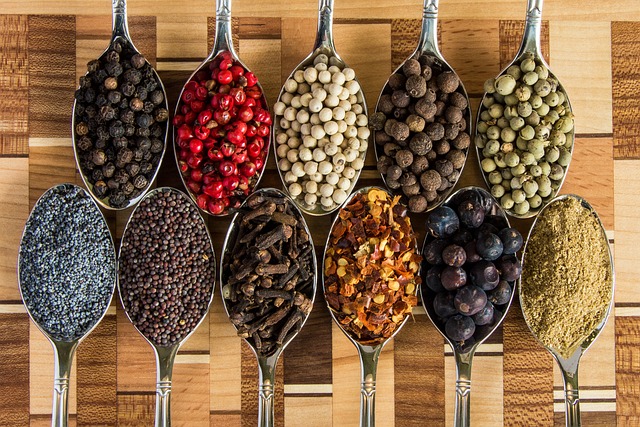6 Best Books on Food: A Culinary Journey
Food is not just sustenance; it’s an integral part of culture, tradition, and personal identity. From classic cookbooks to profound explorations of gastronomy, the literature surrounding food offers a rich and diverse array of insights. Here are six of the best books about food, each with its own unique flavor:
1. “The Joy of Cooking” by Irma S. Rombauer
Overview: First published in 1931, “The Joy of Cooking” is a timeless classic in American kitchens. Irma S. Rombauer’s comprehensive guide has been updated and revised over the years, but its core purpose remains the same: to provide clear and reliable recipes for everyday cooking.
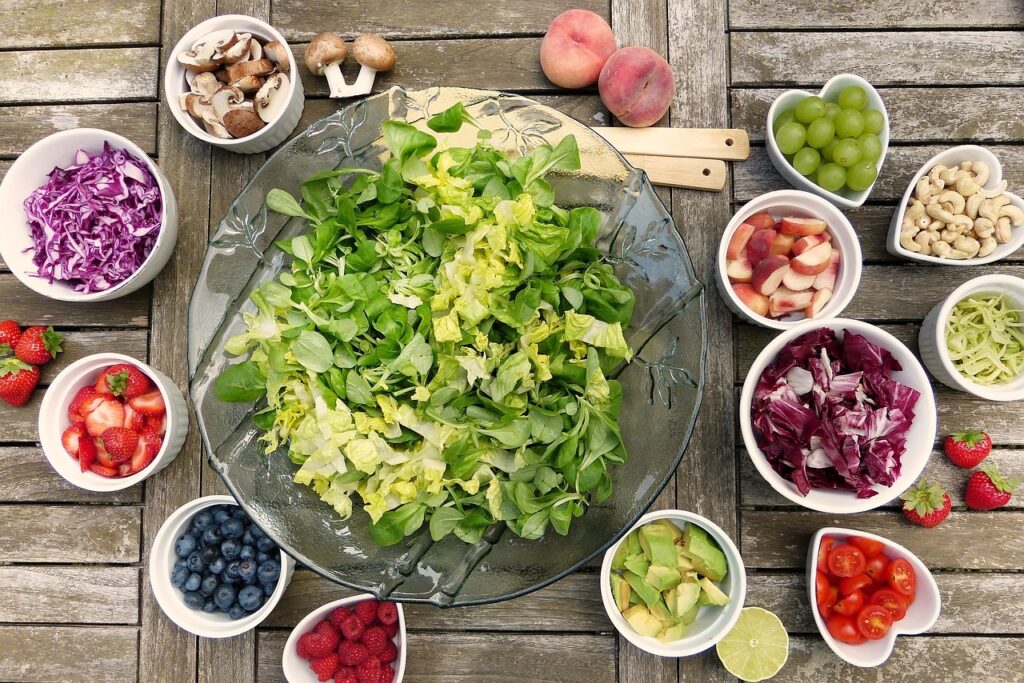
Details:
- Content: This book covers a vast range of recipes, from basic techniques to elaborate dishes, with step-by-step instructions that cater to both novices and experienced cooks.
- Impact: Its influence on American cooking is profound, shaping how home cooks approach meal preparation and introducing countless readers to the joys of cooking.
2. “Salt, Fat, Acid, Heat: Mastering the Elements of Good Cooking” by Samin Nosrat
Overview: Samin Nosrat’s “Salt, Fat, Acid, Heat” is a revolutionary approach to understanding cooking by breaking it down into its fundamental elements. The book, accompanied by illustrations and a Netflix series, emphasizes mastering these core concepts to improve cooking skills.
Details:
- Content: The book delves into the science behind salt, fat, acid, and heat, explaining how each element affects flavor and texture. It provides a variety of recipes that showcase these principles in action.
- Impact: Nosrat’s method empowers readers to experiment and adapt recipes with confidence, fostering a deeper appreciation for the art of cooking.
3. “The Omnivore’s Dilemma: A Natural History of Four Meals” by Michael Pollan
Overview: Michael Pollan’s “The Omnivore’s Dilemma” explores the complexities of food production and consumption in modern society. The book examines four different meals to illustrate the broader implications of our food choices.
Details:
- Content: Pollan investigates various food chains—from industrial agriculture to organic farming—and their environmental, ethical, and health impacts.
- Impact: This book has sparked widespread discussions about sustainability, food ethics, and the importance of understanding where our food comes from.
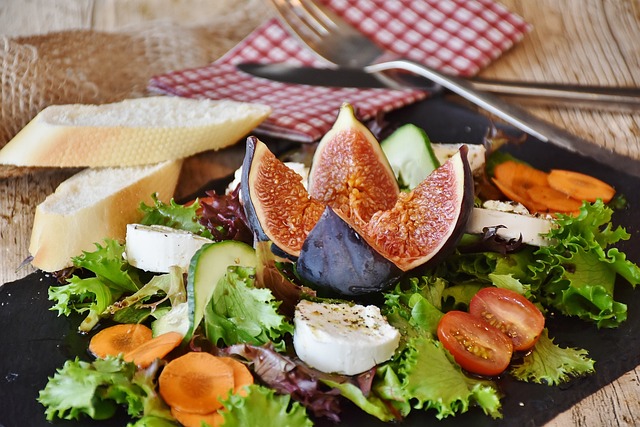
4. “Like Water for Chocolate” by Laura Esquivel
Overview: Laura Esquivel’s “Like Water for Chocolate” is a novel that intertwines magical realism with culinary arts. The story revolves around Tita, a young woman whose emotions influence her cooking, and the book’s recipes are integral to the narrative.
Details:
- Content: The novel is structured around traditional Mexican recipes that reflect the emotions and events of the story. Each chapter features a recipe that ties into the plot.
- Impact: This book offers a unique blend of romance, tradition, and food, highlighting how deeply intertwined food and culture can be.
5. “Kitchen Confidential: Adventures in the Culinary Underbelly” by Anthony Bourdain
Overview: Anthony Bourdain’s “Kitchen Confidential” provides an unflinching look into the world of professional cooking. With a candid and often gritty perspective, Bourdain shares his experiences and insights from his career in the restaurant industry.
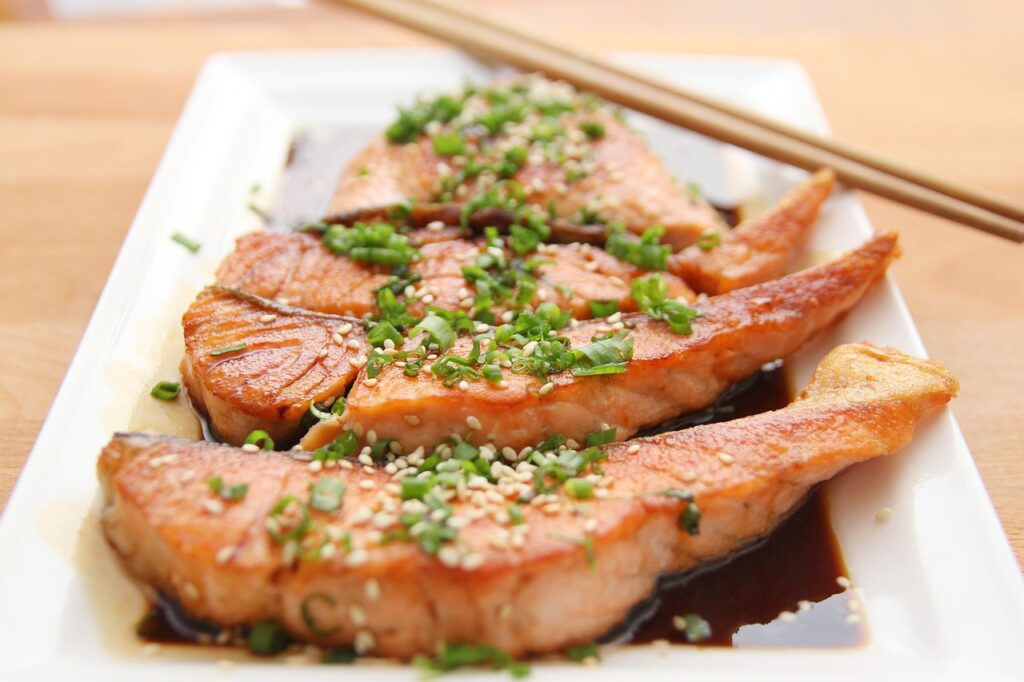
Details:
- Content: The book includes anecdotes, behind-the-scenes stories, and reflections on the culinary world’s dark side, including issues like drug use and the pressures of high-stakes cooking.
- Impact: Bourdain’s raw and engaging narrative changed how readers perceive the culinary profession and contributed to a broader conversation about restaurant culture.
6. “In Defense of Food: An Eater’s Manifesto” by Michael Pollan
Overview: Another impactful work by Michael Pollan, “In Defense of Food” offers a critique of the modern food industry and advocates for a return to simpler, more natural eating habits.
Details:
- Content: Pollan argues for a diet based on whole foods and traditional eating practices, challenging the processed food industry and dietary fads.
- Impact: The book encourages readers to make informed food choices and has been influential in promoting a healthier and more mindful approach to eating.
Conclusion
These six books offer a rich tapestry of culinary knowledge, from practical cooking guides to profound reflections on food culture. Whether you’re looking to enhance your cooking skills, understand the complexities of modern food systems, or simply enjoy a good story, these works provide valuable insights and inspiration. Each book contributes to our appreciation of food not just as a necessity, but as a source of joy, culture, and connection.


